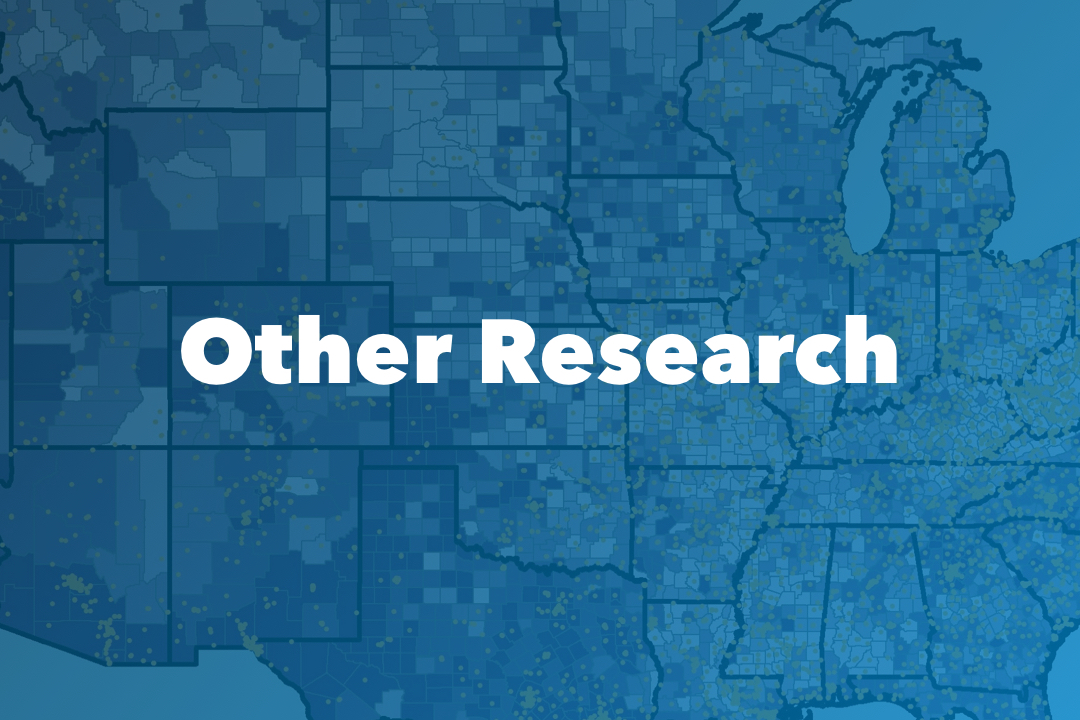As Congress continues to consider massive spending reductions and potential changes to the Medicaid program, including mandatory work requirements for working-age adults nationally, Geiger Gibson Program colleagues are tracking and analyzing the impacts and implications.
The Commonwealth Fund and GWU’s Milken Institute School of Public Health have released a new report, How National Medicaid Work Requirements Would Lead to Large-Scale Job Losses, Harm State Economies, and Strain Budgets. The analysis projects that up to 5.2 million adults nationwide could lose Medicaid coverage in 2026, leading to sharp reductions in federal Medicaid funding for states. These cuts would translate into losses of as much as $59 billion in state gross domestic products (GDPs) in 2026, and the loss of up to 449,000 jobs in healthcare and other industries. While failing to increase employment and triggering deep economic losses, Medicaid work requirements would substantially reduce coverage and consequently, access to care.
Leighton Ku, professor of Health Policy and Management and Director of GW’s Center for Health Policy Research, is lead author of this report, which includes state-by-state estimates of projected coverage losses, job reductions, and declines in GDP and tax revenue across all 50 states and the District of Columbia. You can find the full report here on The Commonwealth Fund’s website.
Professor Emerita Sara Rosenbaum, with UMass Boston colleagues Marc Cohen and Jane Tavares and Alison Barkoff (GW) has co-authored a profile and analysis of working-age Medicaid adults in Milbank Quarterly Opinion, Who’s Affected by Medicaid Work Requirements? It’s Not Who You Think. Utilizing census data from the 2023 American Community Survey, this important new piece refutes the claim that most non-working adults are “able-bodied” younger people who can easily move into the workforce, finding, instead that only one in seven Medicaid adults who do not work can be classified as able-bodied. These non-workers are primarily women at the older end of the working-age spectrum; one in 4 is over age 50. They have limited education, live in deeply impoverished families, and have left the workforce to assume family caregiving responsibilities. The authors conclude, “We simply cannot afford a Medicaid work mandate that will do nothing to increase employment and only serves to disinsure vulnerable, impoverished older working-age women on whom their families depend.”
These publications underscore the importance of Medicaid and the broad deep disruption that will result from mandatory Medicaid work requirements.




